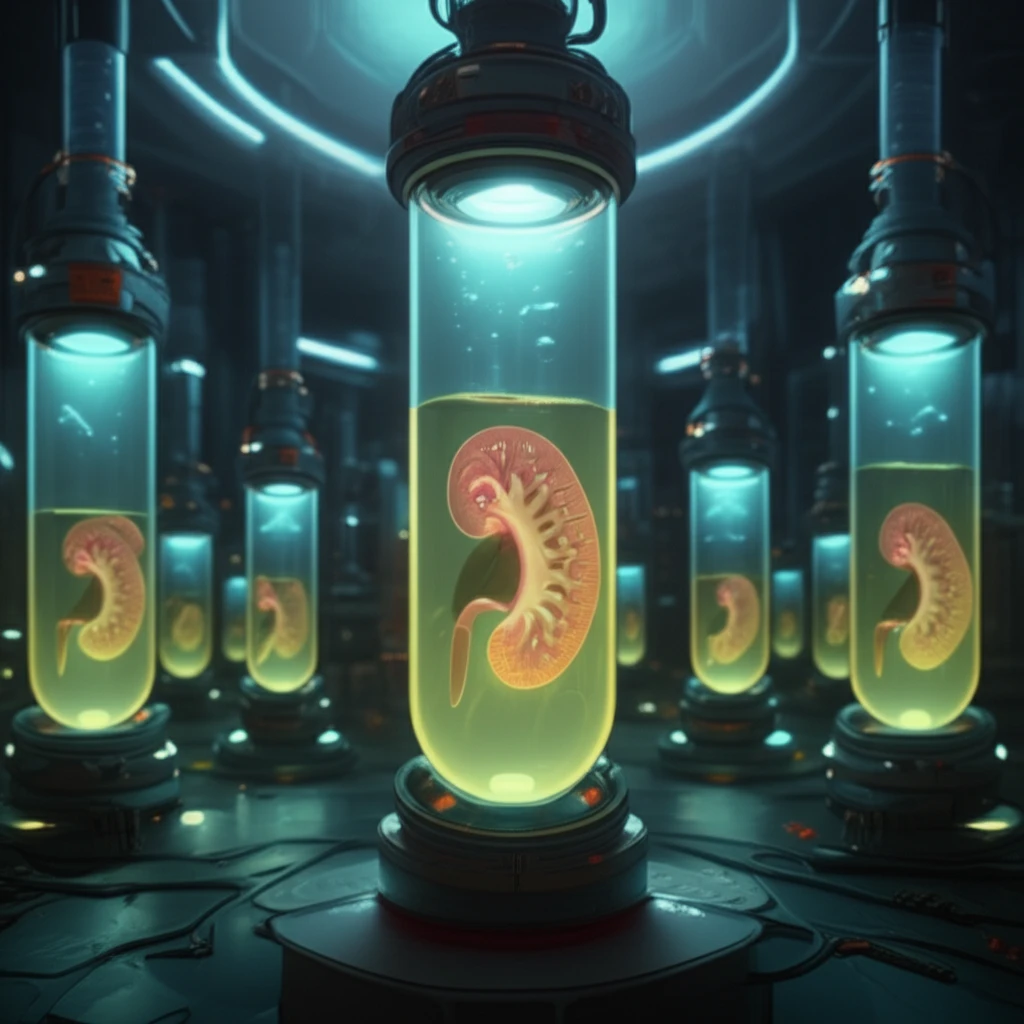
Unusual Urine Patterns: What Kidney-Pancreas Transplants Can Reveal About Your Health
"Decoding unexpected results in urine tests after transplant surgery and what they might indicate about kidney function and overall health."
Have you ever wondered what secrets your urine holds? Beyond just waste, urine can be a window into your body's health, especially after major surgeries like kidney and pancreas transplants. Doctors often use urine tests to monitor how well these new organs are working and to catch any potential problems early.
In a recent study, doctors investigated unusual results from urine tests of three patients who had both kidney and pancreas transplants. These weren't your run-of-the-mill findings; the patterns in their urine were quite peculiar, prompting a deeper look into what was happening inside their bodies. This is important because unusual results can signal the need for further tests and tailored treatments.
Let’s dive into this intriguing case and discover what these unusual urine patterns can tell us about the health of transplant patients and the challenges doctors face in diagnosing and managing their care.
The Curious Case of the Unusual Urine

The story begins with three patients who, as part of their post-transplant care, underwent urine tests to check for a condition called monoclonal gammopathy of renal significance (MGRS). MGRS is a condition where abnormal proteins are produced that can harm the kidneys. The standard test, urine immunofixation, looks for these proteins. However, in these three cases, the tests revealed something unexpected: several unusual fractions in the protein electrophoresis lane (a method used to separate proteins), but no corresponding abnormal antibodies.
- Three patients with type 1 diabetes and kidney-pancreas transplants.
- Urine tests showed unusual protein fractions.
- Standard tests for abnormal antibodies came back negative.
- The puzzle: What caused these unusual protein patterns?
The Bigger Picture: Why This Matters
This case highlights the complexities of post-transplant care and the importance of looking beyond the usual suspects when interpreting medical tests. Unusual urine patterns can indicate a range of issues, from how well the transplanted organs are functioning to unexpected effects from the body's own enzymes. By sharing such cases, doctors can learn from each other and improve the care they provide to transplant patients.
